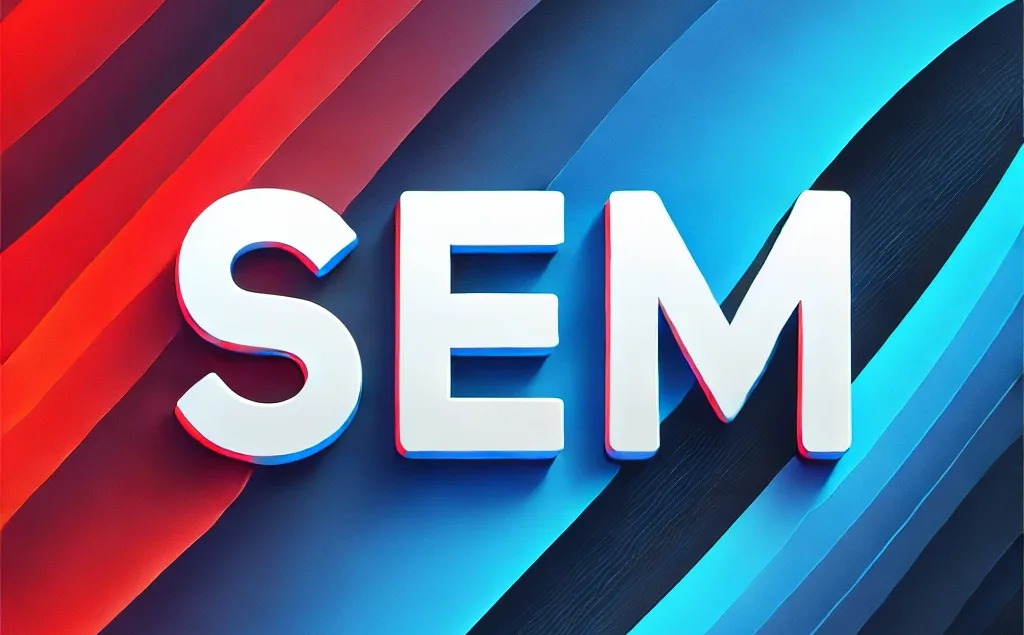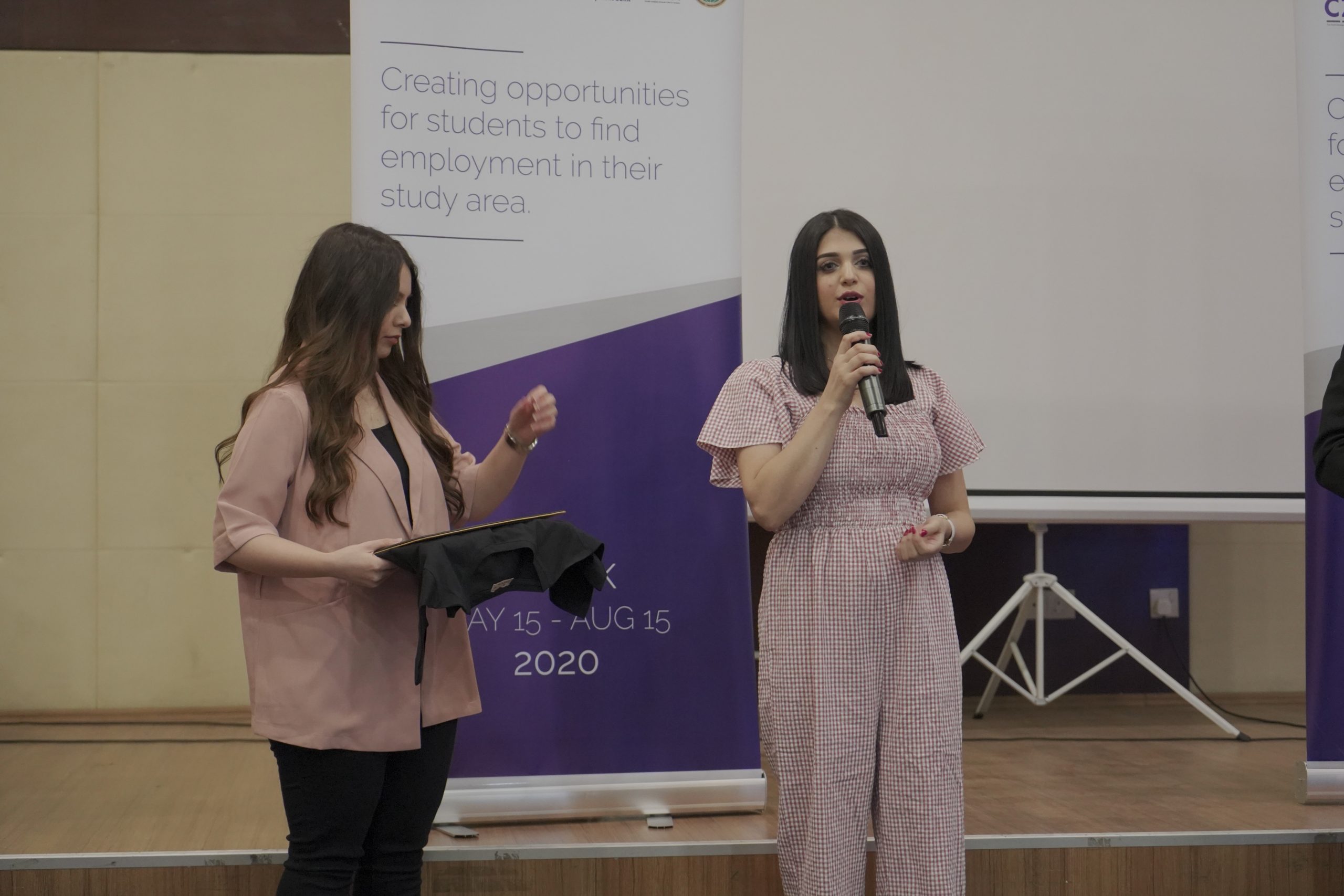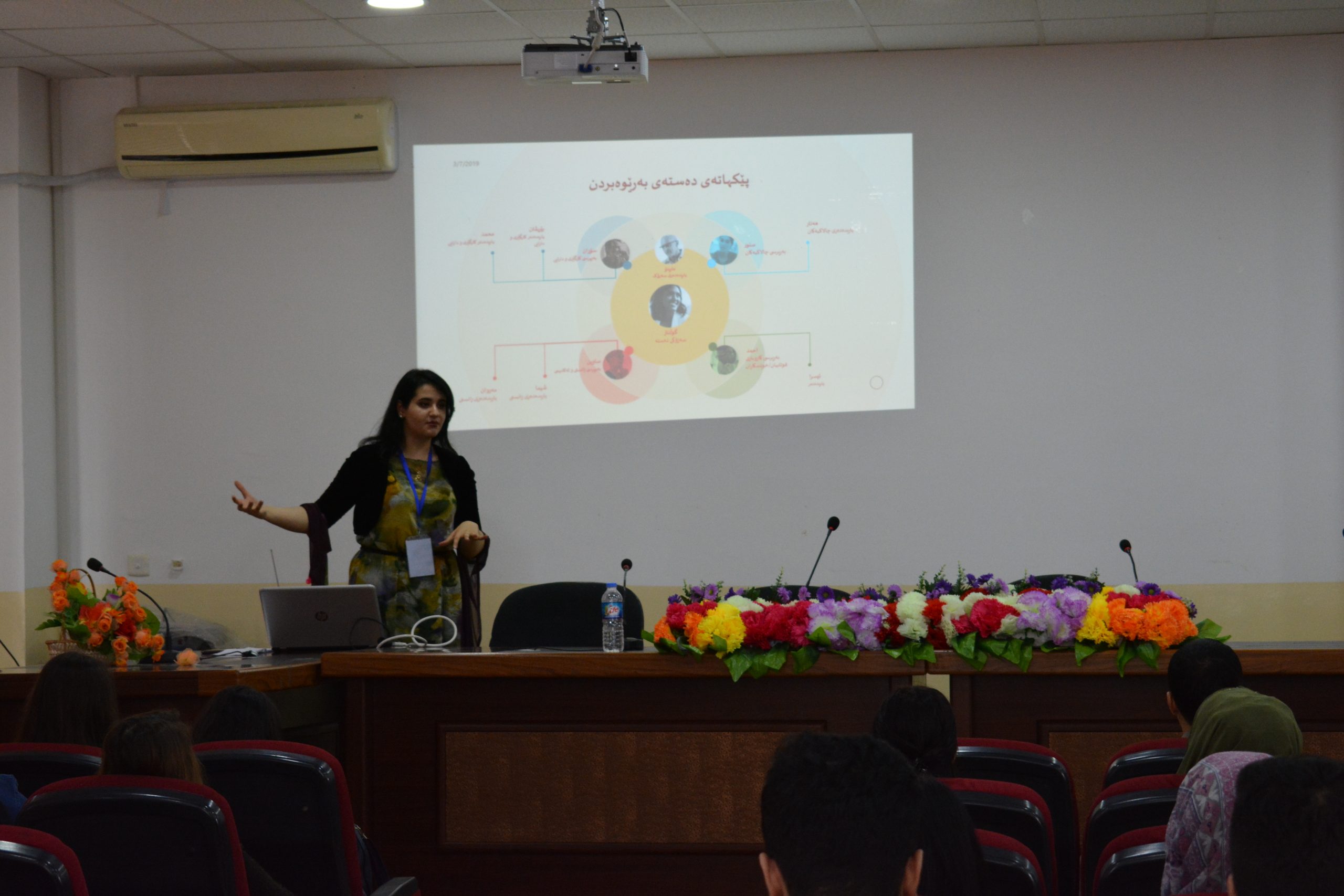Student Empowerment Model (SEM)
A New Model for Student Representation and Management in Universities – KR
Overview

The Student Empowerment Model (SEM) is Chawy Zanko’s comprehensive approach to elevating the student voice in academic and policy-making processes. By fostering leadership, advocacy, and collaboration, SEM ensures that students are both heard and equipped with the tools to lead meaningful change on campus and beyond.
The Problem: Why Change Is Needed?

- Politicized Student Unions: Many student unions are linked to political parties, turning universities into arenas of political competition rather than academic growth.
- Lack of Autonomy: Students often have limited power to independently manage their affairs or influence decisions impacting their academic lives.
- Pressure on Universities: External political and administrative pressures undermine academic freedom and integrity.
- Limited Leadership Opportunities: Current systems do not sufficiently prepare students for leadership roles or foster their professional development.
Why Change
Is Needed?
Why SEM Model?

- Ensuring Independence: Establishing autonomous student representation systems free from external influence.
- Fostering Leadership: Providing opportunities for students to develop leadership skills, preparing them for future roles in society.
- Promoting Equality: Redefining representation with a focus on inclusivity, gender equity, and fairness.
- Encouraging Participation: Creating vibrant academic environments where students can engage in diverse activities and decision-making processes.
Make Your Voice Count : Join Us
Motivating Students to Support the SEM
- Be Heard: SEM ensures your voice matters in shaping your university experience.
- Lead Change: Gain the tools and confidence to drive meaningful change within and beyond campus.
- Shape the Future: As “decision-makers of tomorrow,” your active participation in SEM will contribute to building free, fair, and democratic societies.
- Join a Movement: By registering and signing your name, you’ll be part of a growing campaign advocating for a brighter, more equitable future for students in the Kurdistan Region.
Why Universities Should Adopt SEM?
For universities, SEM represents an opportunity to:
- Foster a culture of academic freedom and integrity.
- Reduce external interference, allowing the focus to remain on education and innovation.
- Strengthen their reputation as institutions that value democracy, inclusivity, and student empowerment.
Benefits for Universities:
- Pilot Program: Universities that adopt SEM as a pilot system will receive dedicated support, including:
- Training for student representatives and faculty members.
- Resources for transparent and professional elections.
- Guidance on implementing inclusive and democratic practices.
- Enhanced University Image: Become a leader in educational innovation and governance, setting an example for others in the region.
- Stronger Student Engagement: An empowered student body contributes to a more vibrant and dynamic academic environment.
What We Offer Universities as Pilot Partners:
- Tailored Support: Comprehensive guidance to implement SEM effectively, including training sessions and materials.
- Collaboration with Experts: Access to national and international advisors on student governance and democracy.
- Monitoring and Evaluation: Continuous support to assess and improve the system during the pilot phase.
- Recognition and Visibility: Highlighting the university’s role as a pioneer in student empowerment through media and academic networks.
Student Empowerment Model (SEM) Video Infographic by CZO





